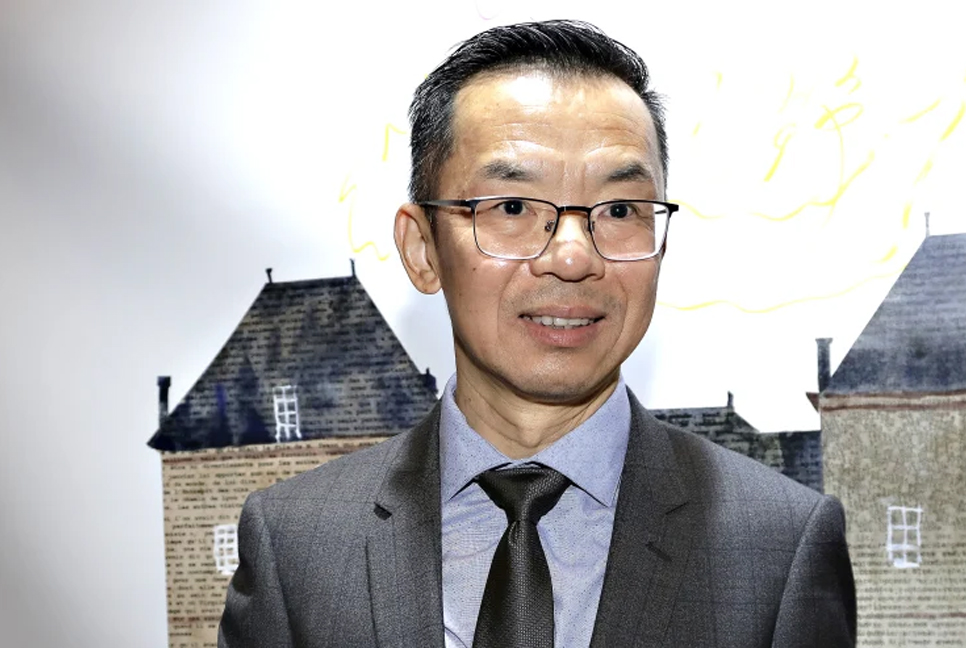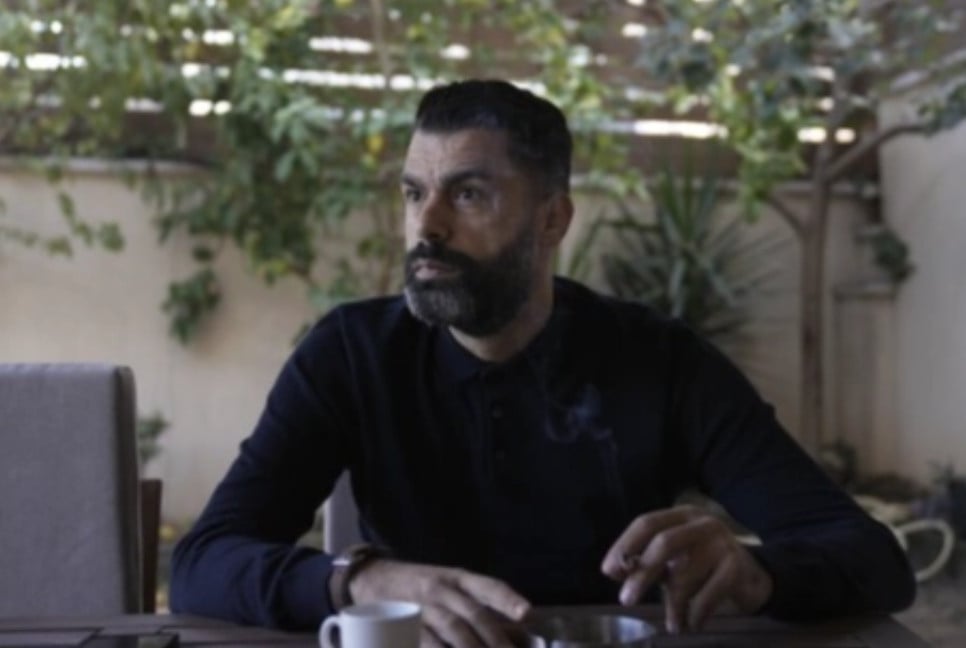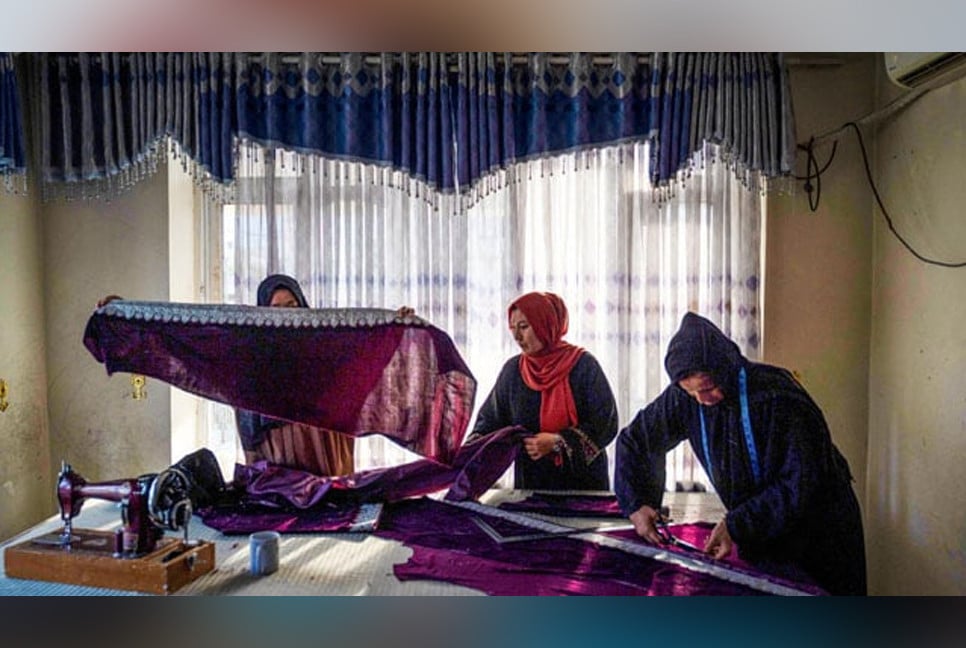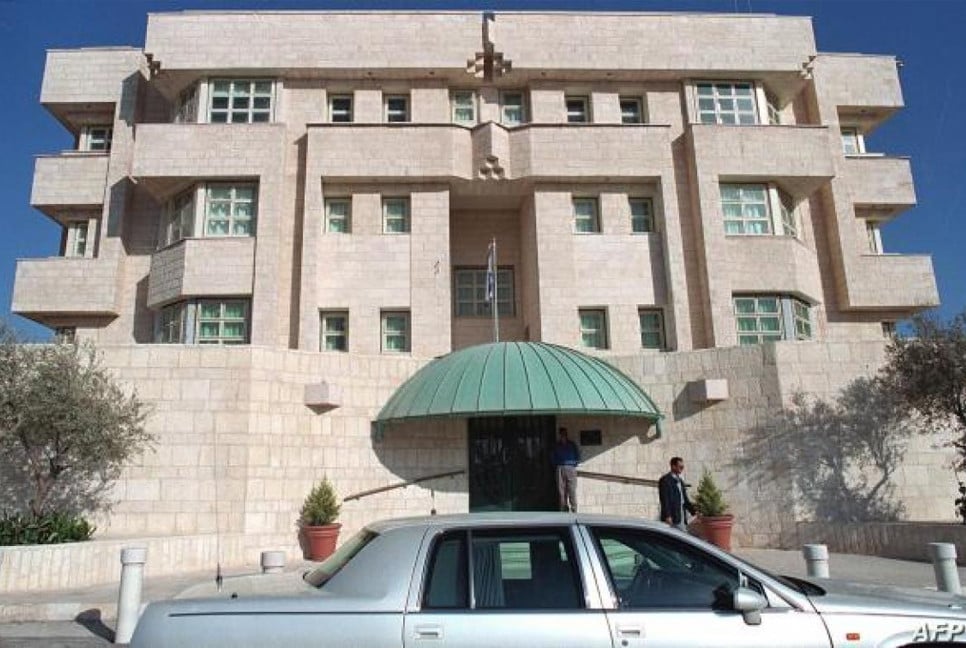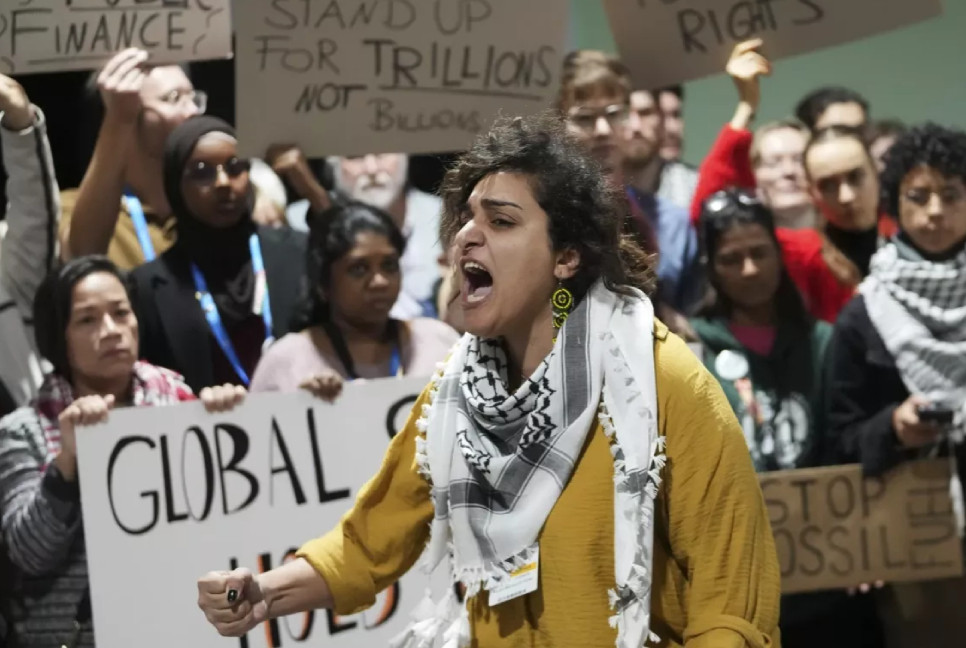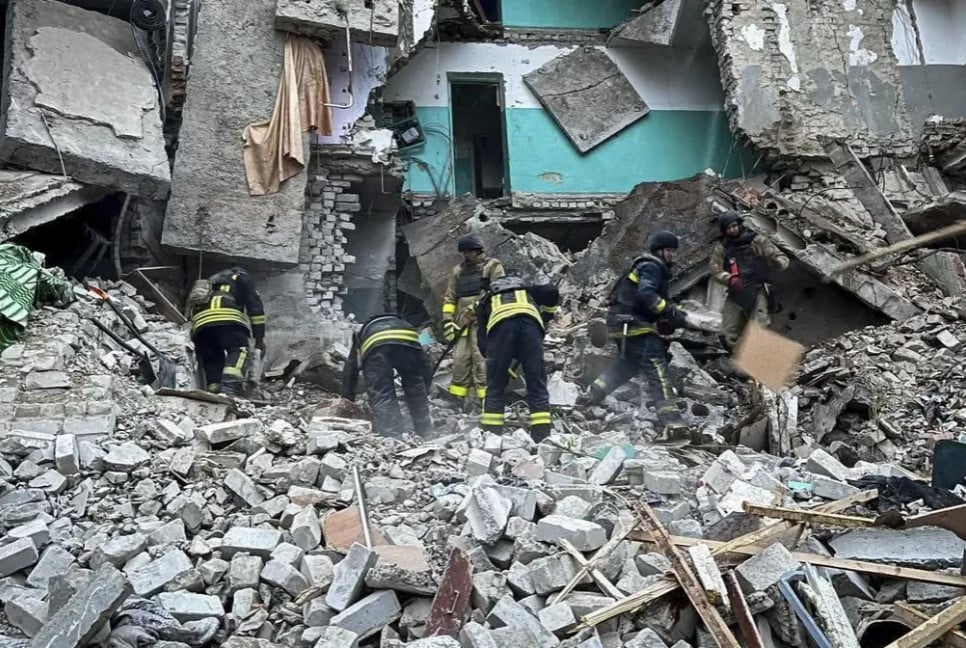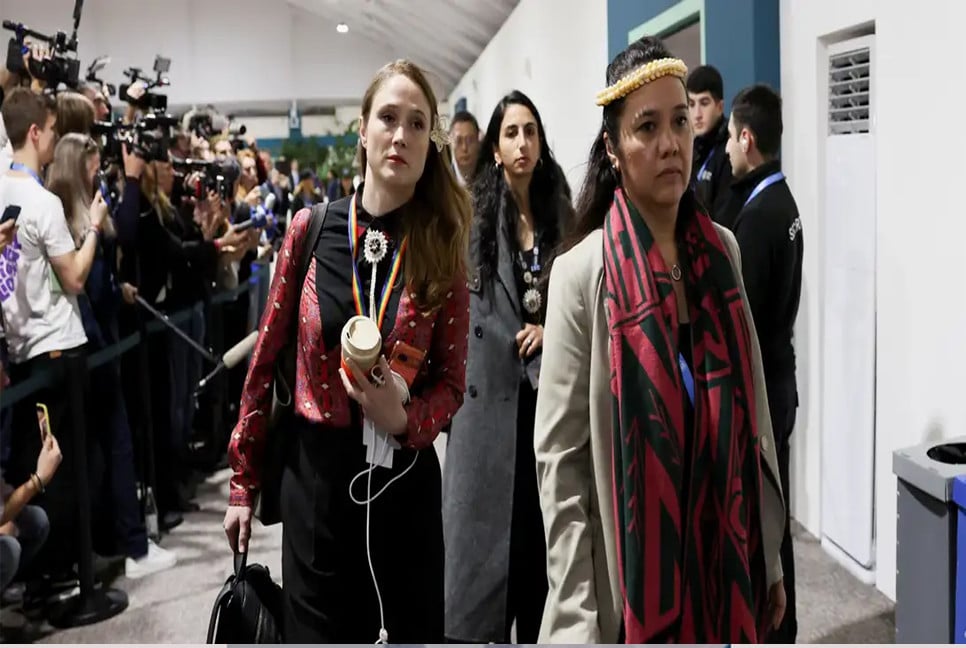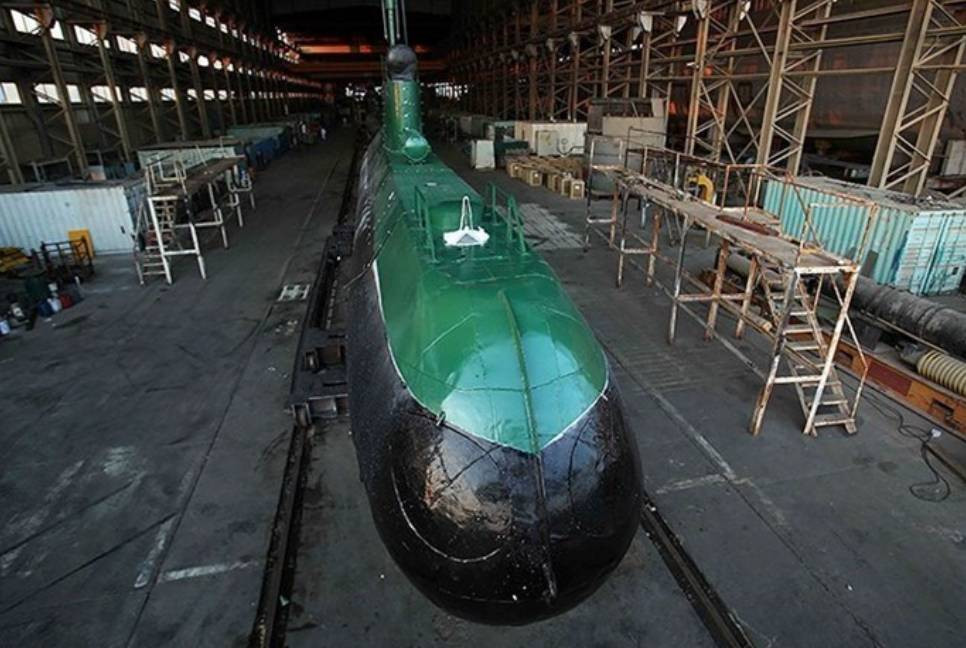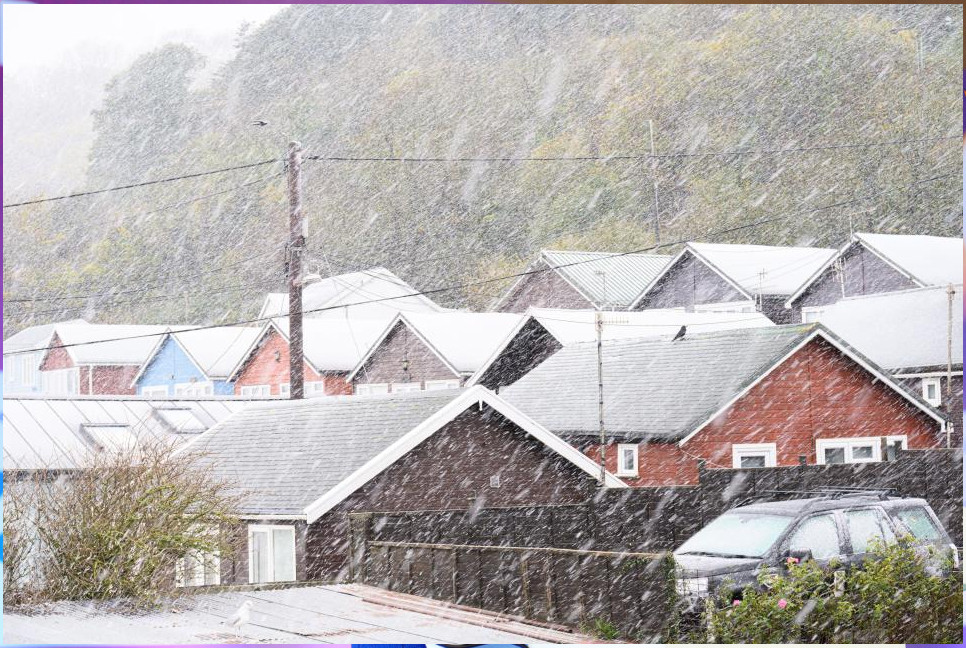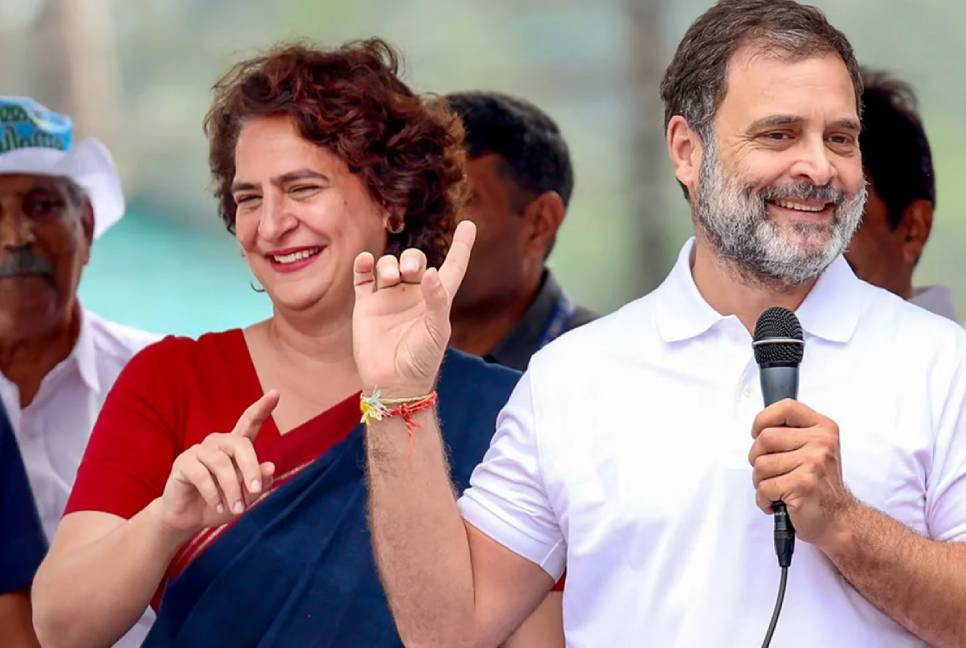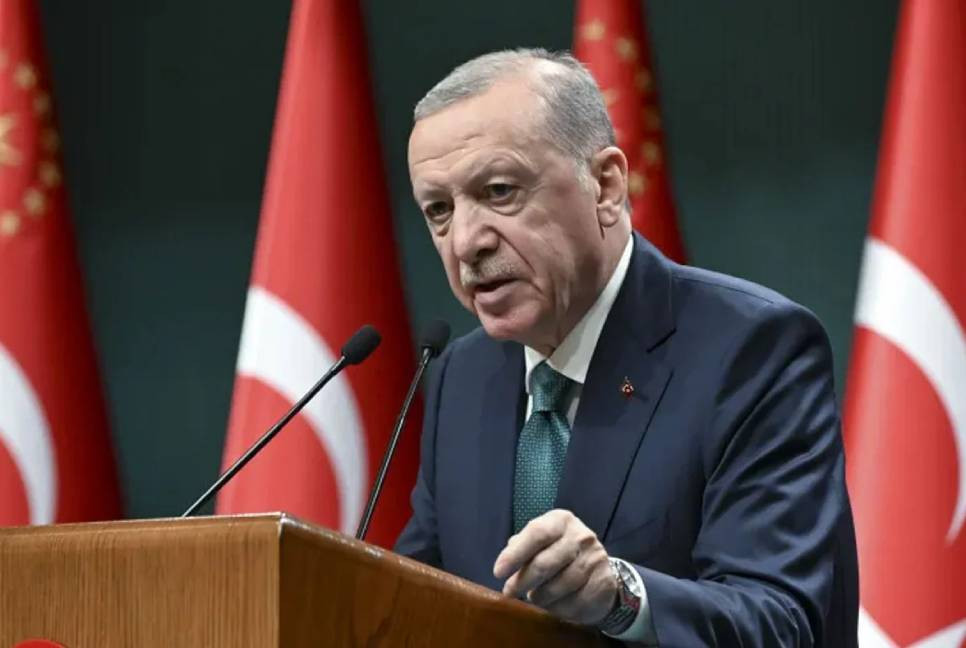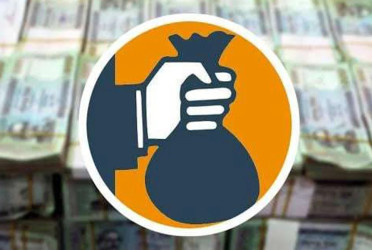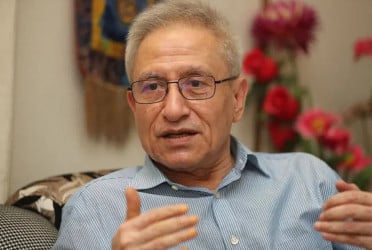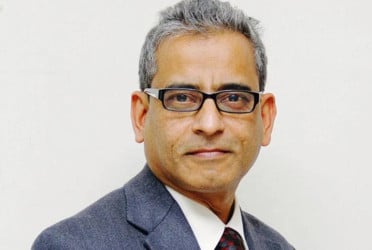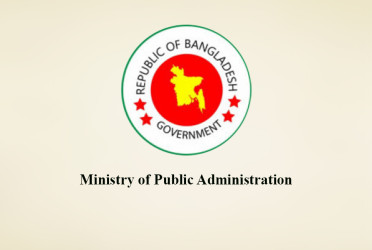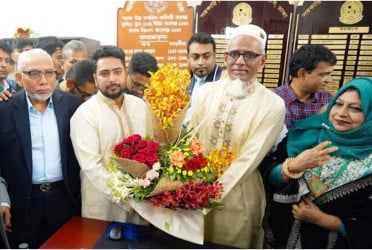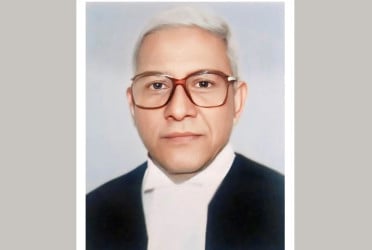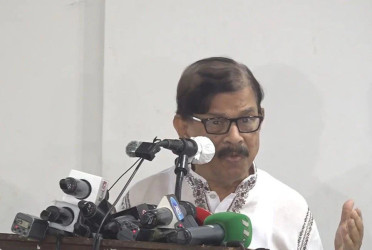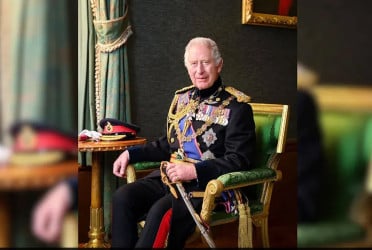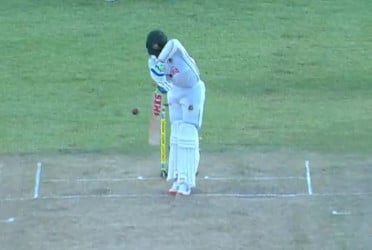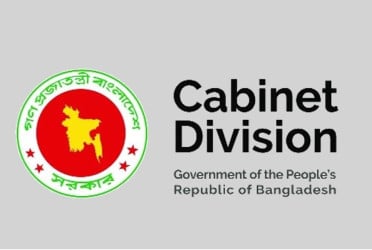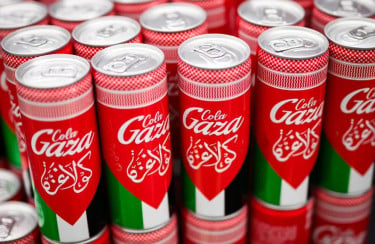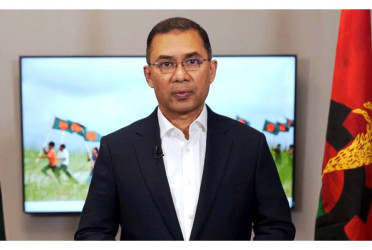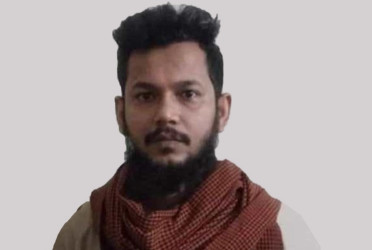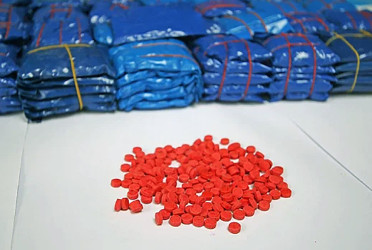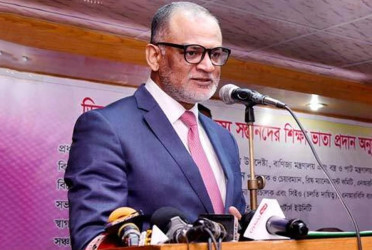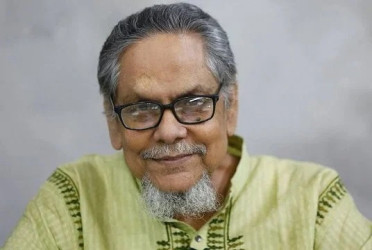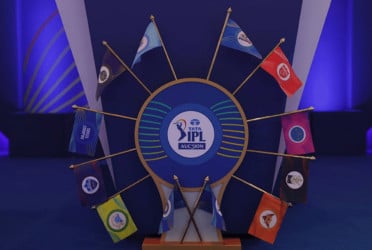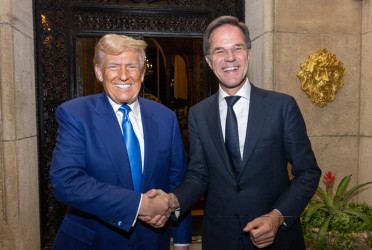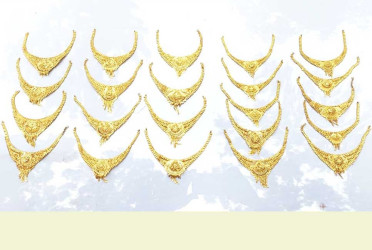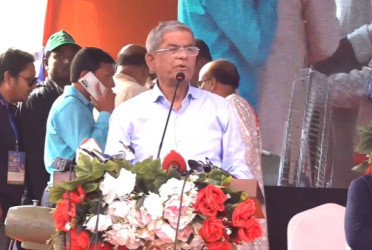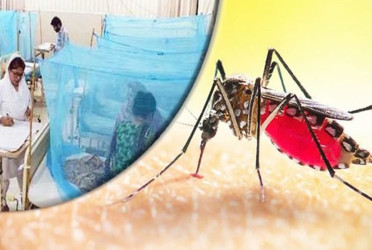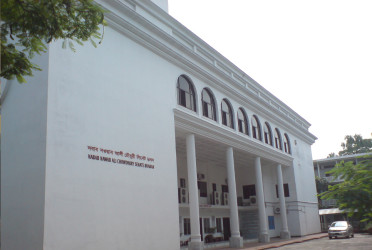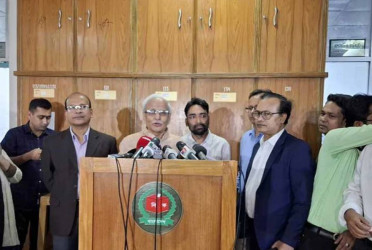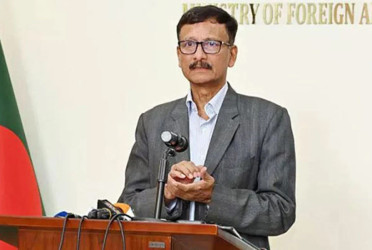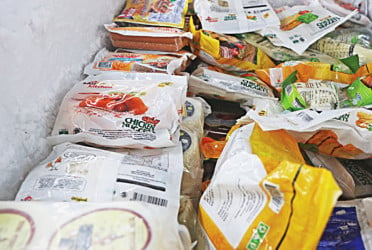China's ambassador to France has sparked anger in eastern Europe and "consternation" in Paris after questioning the sovereignty of post-Soviet countries, reports BSS.
Speaking Friday on the LCI news channel, ambassador Lu Shaye suggested countries that emerged after the fall of the Soviet Union "don't have effective status under international law because there is not an international agreement confirming their status as sovereign nations."
The comments cast doubt not just on Ukraine, which Russia invaded last February, but all former Soviet republics which emerged as independent nations after the fall of the Soviet Union in 1991, including many members of the European Union.
A statement issued late Saturday by the French foreign ministry said it had "learned with consternation about the statements from the ambassador".
"It remains up to China to say whether these statements reflect its position which we hope not to be the case," the statement added.
"Remarks by the Chinese Ambassador in France concerning international law and sovereignty of nations are completely unacceptable," Latvia's foreign minister Edgars Rinkevics wrote on Twitter.
"We expect explanation from the Chinese side and complete retraction of this statement."
His Lithuanian counterpart, Gabrielius Landsbergis, added: "If anyone is still wondering why the Baltic States don't trust China to 'broker peace in Ukraine', here's a Chinese ambassador arguing that Crimea is Russian and our countries' borders have no legal basis."
Asked if Crimea was Ukrainian during his interview on LCI, Lu replied that "it depends on how you look at the problem. There's history. Crimea was Russian at the start."
The timing of the controversy is embarrassing for French President Emmanuel Macron who travelled to Beijing earlier this month to encourage Chinese President Xi Jinping to put pressure on Russian leader Vladimir Putin to end his invasion of Ukraine.
Macron's trip caused unease among some of his Western allies who are sceptical of China's intentions, given Xi's formal alliance with fellow authoritarian Putin.
Countries that emerged from the breakup of the Soviet Union in 1991 were later admitted as sovereign members of the United Nations.
Bd-pratidin English/Tanvir Raihan

